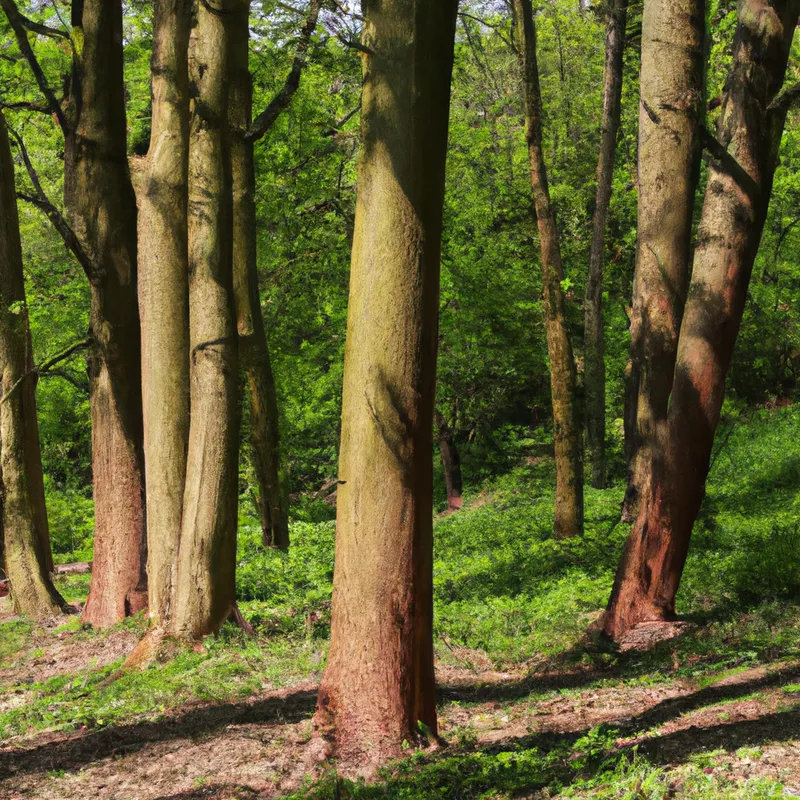Explore Urban Green Spaces for Better Mental Health
The Impact of Urban Green Spaces on Mental Health
Urban green spaces enhance mental health. Parks, gardens, and green rooftops provide beauty and a sanctuary from city life. Research shows that spending time in these areas significantly improves well-being, boosts physical fitness, and enhances emotional stability.
The Importance of Green Spaces in Urban Areas
As cities grow, urban life can lead to isolation and stress. Noise, pollution, and fast pace negatively affect mental health. Green spaces offer refuge, allowing us to escape chaos and reconnect with nature. They provide a place to relax, recharge, and enjoy the environment.
Studies indicate that regular exposure to green spaces reduces stress levels. A study in *Environmental Science & Technology* found that individuals in natural settings reported lower stress and improved mood. Nature distracts us from worries, giving our minds a break from urban stimulation.
The Psychological Benefits of Urban Green Spaces
Stress Reduction
Urban green spaces significantly reduce stress. Nature calms our minds. Spending just a few minutes in a park can lower cortisol levels, the stress hormone. Researchers found that brief interactions with nature reduce stress and anxiety.
Attention Restoration Theory (ART) explains this. Being in nature replenishes our cognitive resources. Urban settings often bombard us with stimuli, leading to mental fatigue. Green spaces offer restorative experiences, helping our minds relax and recharge.
Improved Mood
Urban green spaces improve our mood. Nature elevates our spirits. The colors, scents, and sounds stimulate our senses, creating positive experiences.
Exposure to sunlight boosts serotonin levels, regulating mood. A study in *Psychological Science* found that walking in natural environments improves emotional well-being and reduces depression.
Enhanced Focus and Creativity
Green spaces significantly impact cognitive function. Spending time in nature improves attention span and enhances creativity, especially in high-stress environments.
Research shows that individuals perform better on tasks requiring focus after outdoor time. A University of Utah study found that participants on a four-day backpacking trip showed a 50% improvement in creative problem-solving compared to those in urban settings. Nature refreshes our minds, enabling clearer and more creative thinking.
Conclusion
Urban green spaces play a vital role in enhancing mental health, reducing stress, improving mood, and boosting cognitive function.
Below are related products based on this post:
FAQ
How do urban green spaces help reduce stress?
Urban green spaces significantly reduce stress by providing a calming environment. Spending just a few minutes in a park can lower cortisol levels, the stress hormone, and brief interactions with nature have been shown to alleviate anxiety.
What psychological benefits do urban green spaces offer?
Urban green spaces offer several psychological benefits, including improved mood and enhanced focus. Nature stimulates our senses, elevates spirits, and exposure to sunlight boosts serotonin levels, which helps regulate mood. Additionally, time spent in green spaces improves attention span and creativity, especially in high-stress situations.
Why are green spaces important in urban areas?
Green spaces are crucial in urban areas as they provide refuge from the chaos of city life. They help combat feelings of isolation and stress caused by noise and pollution, allowing individuals to relax, recharge, and reconnect with nature, ultimately enhancing overall mental health.















Post Comment